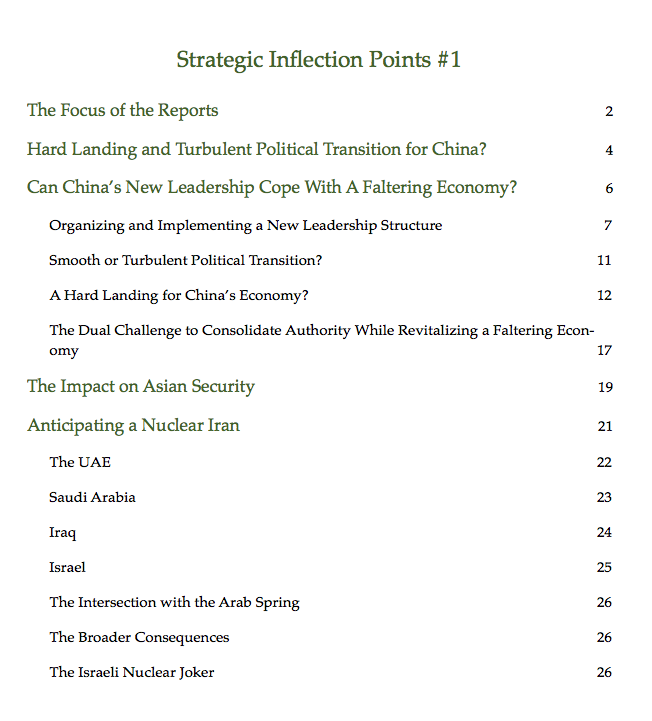By Robbin Laird
The current transition in the PRC is unprecedented in modern times in Asia. A major lynchpin of the global economy and an ascendant power in Asia will face significant political uncertainty in an authoritarian power structure. The rules will be scripted as part of the power struggle; not the other way around.
Another aspect of the transition is equally significant: this will be the first major political transition in the PRC in which money and power are not held by the same elite. For the first time, there is an investor or moneyed class separate from the political elite contesting for power in the PRC.
This means that reading the tea leaves will be complicated for outside powers and policy-makers. This means as well that key Asian powers will be reading each other’s reading of the situation as well, and any efforts by key states to enhance their advantage to leverage any perceived power vacuums created by the transition.
And at the heart of the transition is the problem of losing the global advantage of relatively cheap labor and seeking to transition to higher value more advanced technological production.
The other Asian powers will seek leverage both ways; states like Vietnam and Malaysia will seek to further dislodge China from the lower end of the production market and Japan and Korea will seek to deflect China from displacing their positions in the global economy in the higher end of the production market.
To read more see the analysis in Strategic Inflection Points, No. 1


